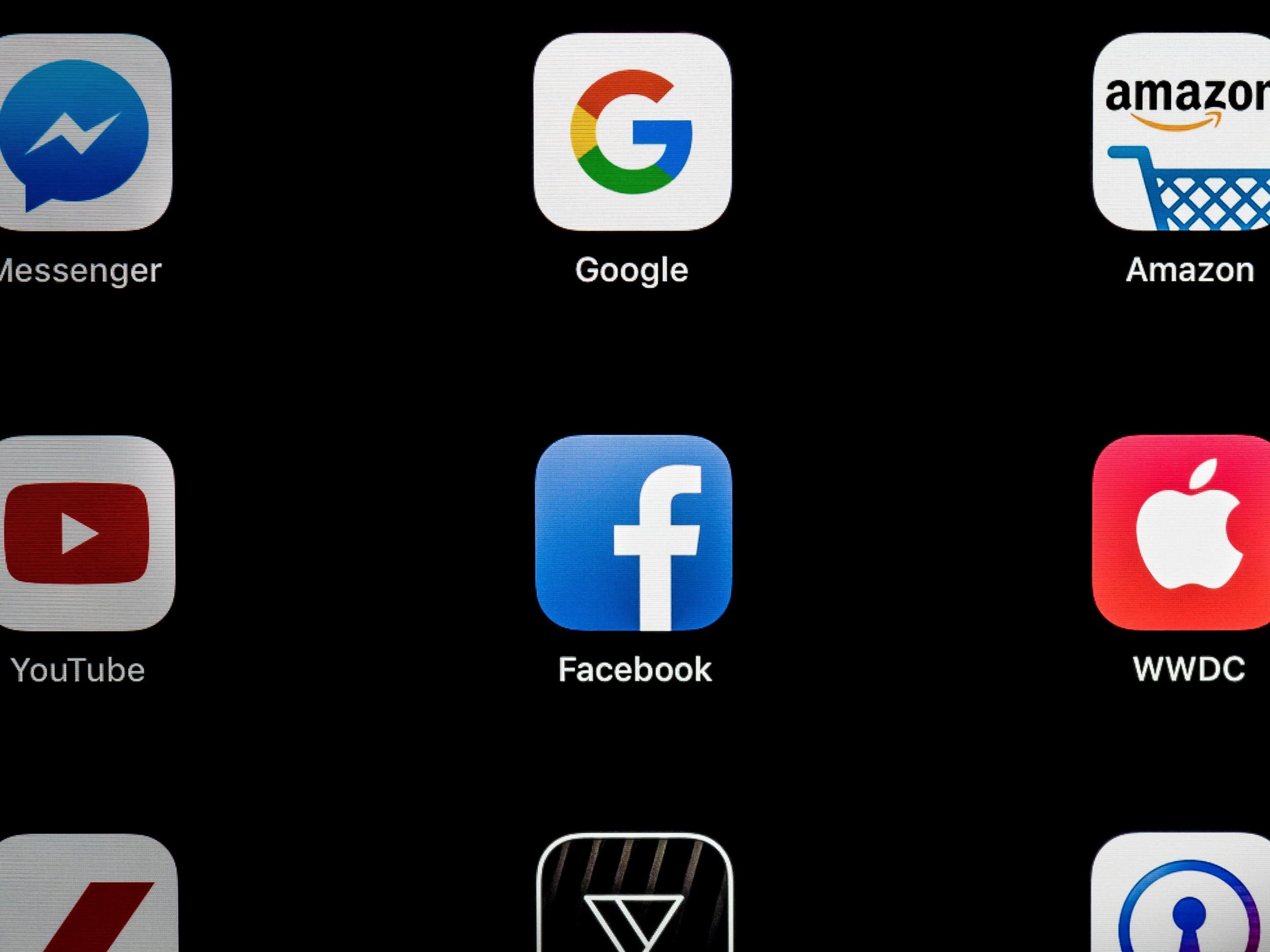Hackers can steal all your private data from Apple, Google, Facebook and Amazon with new malware, report claims
NSO Group spyware could potentially scrape a person's full history, including location, messages and photos

Your support helps us to tell the story
From reproductive rights to climate change to Big Tech, The Independent is on the ground when the story is developing. Whether it's investigating the financials of Elon Musk's pro-Trump PAC or producing our latest documentary, 'The A Word', which shines a light on the American women fighting for reproductive rights, we know how important it is to parse out the facts from the messaging.
At such a critical moment in US history, we need reporters on the ground. Your donation allows us to keep sending journalists to speak to both sides of the story.
The Independent is trusted by Americans across the entire political spectrum. And unlike many other quality news outlets, we choose not to lock Americans out of our reporting and analysis with paywalls. We believe quality journalism should be available to everyone, paid for by those who can afford it.
Your support makes all the difference.A controversial Israeli software company claims to be able to hack people's private data held by Amazon, Apple, Facebook, Google and Microsoft, according to a report.
NSO Group is able to secretly scrape data from the servers of the technology giants in order to steal a person's location information, photos or messages, The Financial Times reported after speaking to people familiar with the firm's sales pitch.
The company is already notorious for its Pegasus malware, which is used by intelligence agencies to obtain private data from people's smartphones.
Its latest spyware is far broader in scope and could have wide-ranging privacy implications for the companies involved, who count billions of people around the world among their customers.
Amazon said it has found no evidence of the software within its systems, Facebook said it was "reviewing these claims", while Microsoft urged users to "maintain a healthy device". Google declined to comment but Apple acknowledged that it was possible NSO's tool could work on some infected devices.
"While some expensive tools may exist to perform targeted attacks on a very small number of devices, we do not believe these are useful for widespread attacks," Apple told the FT.
The Independent has reached out for further comment to all of the companies mentioned in the report.
Once a device is infected, the Pegasus malware is reportedly able to clone the login credentials from the phone in order to access any and all data stored by the target onto the cloud.
This cloud access allows eavesdroppers to reach "far and above smartphone content", according to one sales pitch prepared for the government of Uganda earlier this year.
NSO did not deny that it had built the surveillance software, but a spokesperson said the company did not promote such tools for cloud services.
"We do not provide or market any type of hacking or mass-collection capabilities to any cloud applications, services or infrastructure," the spokesperson said.
In 2018, NSO was accused of placing spyware on the smartphone of murdered Saudi journalist Jamal Khashoggi, though the Israeli firm denies the accusations.
According to a lawsuit filed by a friend of Khashoggi, Saudo Arabia used NSO's software to bug the Washington Post columnist's phone and intercept his calls and messages.
Join our commenting forum
Join thought-provoking conversations, follow other Independent readers and see their replies
Comments